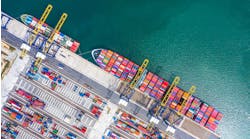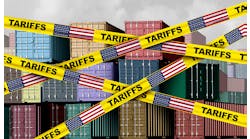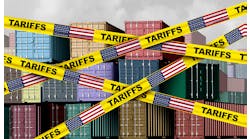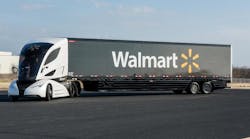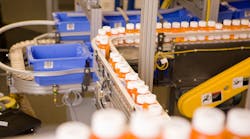It’s that time again… the annual unveiling of the Top 25 Supply Chains of the year, at least according to analyst firm Gartner Inc. Every year for the past 11 years, Gartner has conducted a poll of its own analysts, as well as a peer group of 200 or so supply chain practitioners and experts, to determine which companies have the best supply chains. (In the interests of full disclosure, I am one of the peer voters, and have been for the past several years.)
Not every company in the world is considered, of course, as Gartner begins the ranking process by focusing solely on public companies, since some of the metrics that go into the rankings are based on publicly available, audited financial data such as three-year weighted return on assets and three-year weighted revenue growth. And not every public company is considered, either, as Gartner narrows the field to companies in the manufacturing, retail or distribution sectors.
But the field gets winnowed even more before any serious consideration is given to individual companies because Gartner does not include energy company, or oil & gas, or mining, or metals, or shipbuilders, or entertainment, or IT, or logistics companies or transportation companies, or utilities. And Gartner also has some weird biases against certain companies and how exactly they make their money, which is why you won’t see supply chain giants like IBM, Disney, UPS or FedEx on the Top 25 list. So it’s not really a ranking of the Top 25 Supply Chains in the world so much as it’s a look at 25 public manufacturers and retailers who are really good at supply chain management.
But with those rather large qualifiers taken into account, the Gartner list has been a pretty reliable benchmark for the past 10 years. This year, however, apparently for no other reason than because Apple had won the top spot on the list for the past seven years, Gartner decided to give other companies a shot at wearing the crown of “Number 1 Supply Chain” for a year. So both Apple and Procter & Gamble, another company that had more or less taken up permanent residence in the Top 5, have been booted out of the rankings completely, and now are considered “Supply Chain Masters.” So the two companies who are arguably the very best in the world at supply chain management are no longer ranked in the Top 25 Supply Chains. Huh?
To use a baseball analogy, that’s kind of like Major League Baseball deciding to no longer allow the New York Yankees to represent the American League in the World Series because they’ve won too many times already. The Yankees, after all, have won 27 World Series, and their National League counterparts the St. Louis Cardinals have won 11, making them the two winningest franchises in MLB history. To some baseball fans—in particular, those who do not like in New York or St. Louis—it’s a good thing when neither of those teams ends up in the Fall Classic. However, no serious follower of the National Pastime would ever suggest that the Yankees and the Cards be excluded from contention for any future pennants or world championships simply because they’ve won so many of them already. And one is left to wonder if being named the top supply chain in a now-weakened field has the same cachet that it did in the past. Time will tell, I guess.
In the meantime, this gallery offers capsule descriptions of what makes each of the Top 25 (plus Apple and P&G) so good at supply chain, supplemented by observations from Gartner’s analysts as to how and why each company finished where it did on the list. Following in reverse order, in the grand old tradition of Casey Kasem’s Top 40 countdown, are the Top 25 Supply Chains for 2015, based on analysis and research compiled by Gartner analysts Stan Aronow, Michael Burkett, Kimberly Nilles and Jim Romano. You can check out the rankings from previous years here:
Top 25 Supply Chains, 2014 Edition
A Look at the Top 25 Supply Chains of 2013
Top 25 Healthcare Supply Chains of 2013
